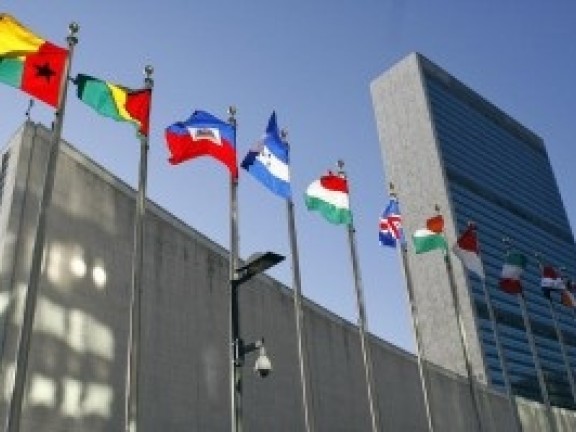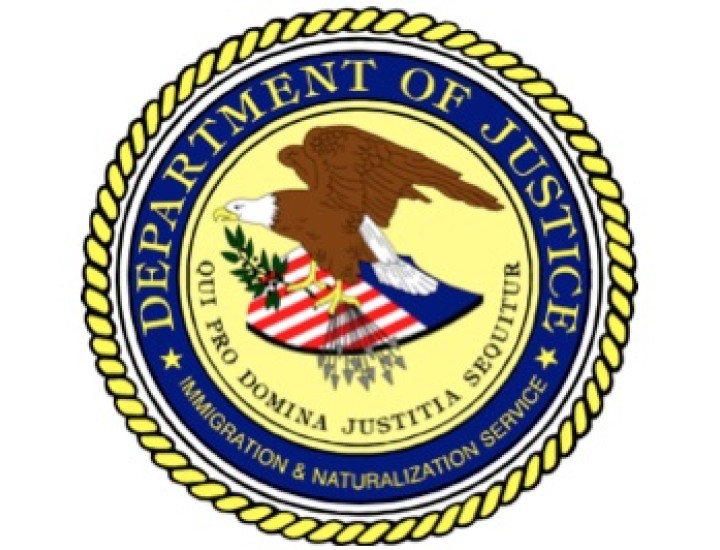CHLP Joins Advocacy Groups in Report to UN on U.S. Failures to Address the HIV Epidemic in Communities of Color (2014)

From The Body, August 6, 2014
CHICAGO -- HIV/AIDS activists have found a unique way to pressure the U.S. to prioritize and address rising rates of HIV among communities of color. In a report submitted to the United Nations, a national coalition of HIV/AIDS advocacy organizations details the disparate impact of HIV/AIDS on communities of color, and identifies the lack of U.S. action on social drivers of the epidemic in those communities as a human rights violation.
Led by the HIV Prevention Justice Alliance (HIV PJA), a project of the AIDS Foundation of Chicago (AFC), the report calls on the U.S. to make good on its ratification of the Convention on the Elimination of all forms of Racial Discrimination (CERD) in January 2013. In the Convention, the U.S. pledged to "address disparities in HIV prevention and care involving racial and ethnic minorities and other marginalized populations."
"Unfortunately, U.S. efforts to combat HIV/AIDS in communities of color have fallen far short of their goals," said Suraj Madoori, manager of HIV PJA, who will deliver the report to the UN in Geneva. "We believe that this failure to uplift the human rights of these historically marginalized people is a direct violation of this country's pledge to adhere to CERD."
According to the U.S. Centers for Disease Control and Prevention (CDC), African Americans represent approximately 12 percent of the U.S. population but accounted for an estimated 44 percent of new HIV infections in 2010. New infections among Latinos/Latinas were also significantly higher than their white counterparts in 2010. The report also details the rising epidemic among black gay and bisexual men, as well as transgender women.
"[H]igh infection rates are due in part to a combination of unjust and uneven policies and laws that enforce racism, stigma, criminalization and discrimination," the HIV advocates' report asserts. The report cites specific examples such as mass imprisonment, poverty, unemployment and lack of health care access as key contributors to the U.S.'s systemic failure to prevent new HIV infections among socially disenfranchised groups.
"We believe that an intersectional approach to the epidemic is key to overcome racial inequalities," explains report co-author Naina Khanna, Executive Director of the Positive Women's Network of the United States of America (PWN-USA). "We need to address the impact of social drivers such as HIV criminalization laws, unemployment, and lack of access to overall health care, in order to make significant progress."
Built on input and consensus from partners, with expert assistance constructing legal arguments from the Center for HIV Law and Policy, the report states, "[T]his disparity -- in part due to laws, policies and practices -- continues to systemically discriminate against communities of color; increases vulnerability to HIV transmission and to stigma and discrimination following HIV diagnosis; and places people of color living with HIV at undue risk for criminalization and human rights violations."
In its 2013 compliance report to the CERD committee, the U.S. identified the National HIV/AIDS Strategy (NHAS) as its key method for eliminating racial disparities in new HIV infections. The NHAS aimed to take sweeping actions to prevent new HIV infections and support Americans living with HIV/AIDS, but the authors of the CERD report believe it will fall far short of its goals.
"We hope that the HIV advocates' report to the U.N. will urge the U.S. to more effectively respond to the racial disparities in new HIV infections, reconfigure the NHAS to be more ambitious in its goals and encourage it to be more accountable in its implementation across vulnerable communities," said co-author Kenyon Farrow, Director of U.S. and Global Policy at Treatment Action Group.
The coalition behind this report includes AFC and HIV PJA, PWN-USA, the Center for HIV Law and Policy, the Counter Narrative Project, National Working Positive Coalition, Sero Project, Treatment Action Group and Women with a Vision.
